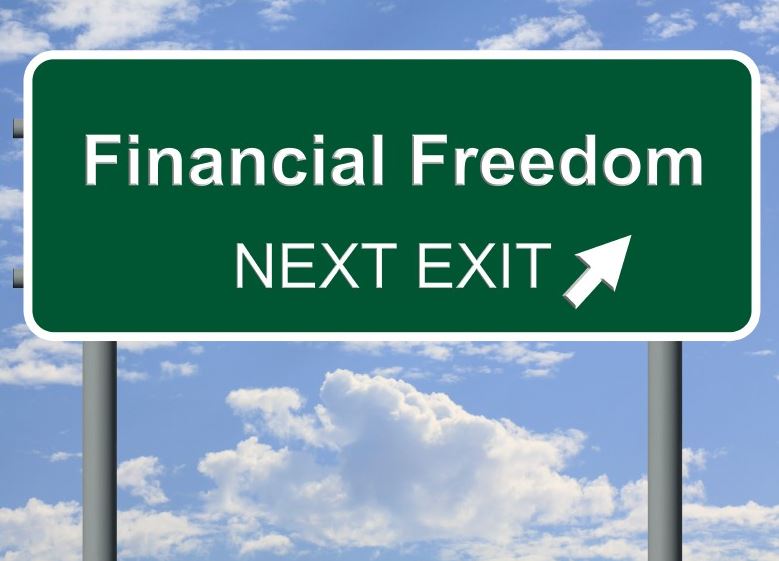Bad Credit? Six Steps To Get Back On Track Financially
 Bad credit can happen to anyone. All it takes is a hectic schedule so that you forget to make timely payments, a period of unemployment, health problems, or an unexpected emergency purchase that disrupts the regular budget. However, there are steps you can take to get back on track financially and avoid debt. No matter what your situation, it’s important to improve your credit score. If your credit rating has plummeted, here are six steps that can help you rebuild a solid credit record.
Bad credit can happen to anyone. All it takes is a hectic schedule so that you forget to make timely payments, a period of unemployment, health problems, or an unexpected emergency purchase that disrupts the regular budget. However, there are steps you can take to get back on track financially and avoid debt. No matter what your situation, it’s important to improve your credit score. If your credit rating has plummeted, here are six steps that can help you rebuild a solid credit record.
Create a better budget
Whether you have a budget or not, it’s time to make some changes so you can stick to your budget. Making a budget will help you to see how much money you spend on bills and essentials each month, and how much you have left over. It’s important to budget entertainment and spending money too, no matter how much. This will allow you to spend that extra money without feeling guilty, and it will keep you from overspending.
Negotiate a new payment plan
If you are unable to meet current monthly payment schedules, contact creditors to discuss a revised payment plan. Most will be happy to work with you in setting up a monthly payment that is compatible with your budget. If circumstances seem to make it look like you will miss or be late with monthly payments, let creditors know, and often they will not ding your credit record but rather give you a month-long grace period. This is an important step to take if you feel overwhelmed and can’t keep up with your bills.
Get credit counseling
If you are unsure how to restructure your budget to meet monthly payments on time, talk to a financial expert to discuss your situation, suggest the professionals at Keith G. Collins Ltd. You can learn many tips for paying off debt and redeeming your credit record. An adviser can guide you toward making smart money-related decisions that will give you a more secure future.
Start an emergency savings account
In addition to a long-term savings account for major future purchases like a home or a dream vacation, start a smaller savings account to pay for emergencies. Even a few hundred dollars can take care of an unusually high gas bill in the winter or the cost of medical deductible for a costly procedure. That way you won’t have to go into debt for surprise expenses like these. It’s also important to have a savings account to take care of everyday needs and monthly bills if you loose your job or have to pay more than expected for something. You should have enough savings to cover all of your expenses for a few months if needed. This can take time to build, but it’s important to get started so your credit score doesn’t take a hit during financial emergencies.
Make payments on time
Arrange your budget and payment schedule so that every bill is paid on time. Late payments or missed payments take points off your credit score. If you must be late, contact the credit to let him or her know. It’s best to set up automatic payments to make sure you don’t miss important payments.
Pay off existing credit balances
Work on eliminating current credit balances by applying every extra dollar each month. Work on the account with the highest interest first. When it is paid off, apply that payment to the next highest interest account along with its regular payment until it, too, is paid in full. Soon you will be debt-free.
Avoid taking on additional credit.
Attaining a rock-solid credit rating is not that hard when you work consistently towards it. Spend less and save more to pay toward debt, and then toward savings, for a debt-free, secure financial future.
Category: Credit





